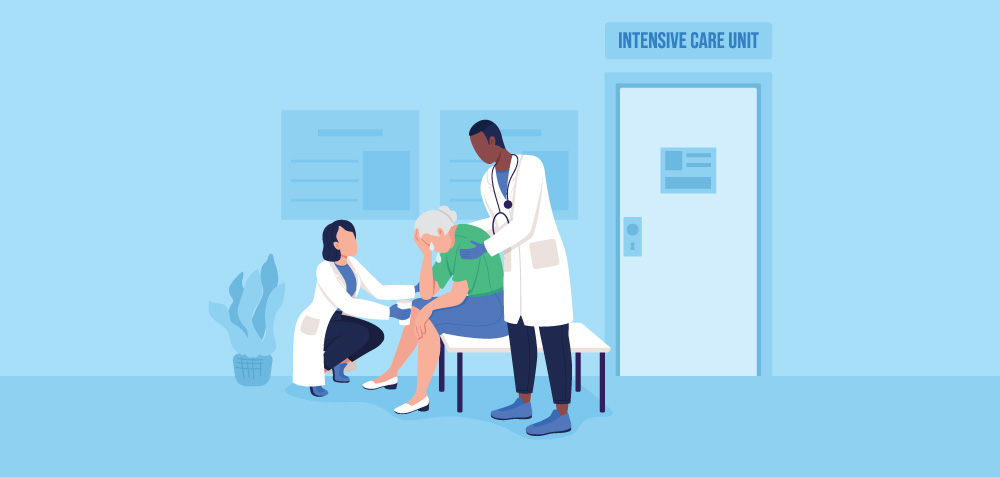The 90s showcased policemen to be villains in movies
Early 2000, it was the politicians
Now it’s the turn for doctors, more so in India. Hollywood is still fighting the aliens.
Medicine is a noble profession. And most doctors get into it for the nobility of it. And continue to do so to the best of each one’s capabilities. But, we cannot keep a blind eye but agree that there’s a reducing trend in terms of patient-doctor trust deficit.
Although this is a topic where no firm conclusion can be arrived at, this article will focus on some basic issues which could be looked into, and possibly address the gap.
Let’s first look at what has changed over the years when the trust has been declining, and what could potentially be done
1. We are in a world of technology
With the world in one’s hands, one is loaded with verified and unverified information, and the patient may not be capable enough to differentiate them. In fact, many believe(sometimes even professionals) whatever received in WhatsApp as golden principles. Its the responsibility of doctors to seek their doubts(sometimes even stupid) and give appropriate clarifications. It’s even alright to encourage the patients to read online, make a note of their questions and come back for clarifications. Its however, common to note doctors do not like questions taken from the internet.
2. Expectations in communication
The belief of the past was that bigger doctors talk less. But the newer generation is not in a position to accept that and want all their doubts to be clarified and expect a friendly discussion and not a conventional serious one that most doctors are used to(in fact most doctors don’t even carry a smile). This reduced clarification leads to reduced satisfaction and lack of confidence.
3. Cost
Although Indian doctors are still cheaper than many other countries, still the costs have risen over time, esp because of patients seeking super-specialists even for minor illnesses. Although specialists stopping consulting basic patients and leaving it to primary/secondary care physicians is the answer, it’s just not possible !!!. Hence it’s important to explain the need for each of the investigations/procedures, the reasons for doing them and the potential outcomes(as most patients who get a normal report believe it was unnecessarily done). The same is very important with regard to surgeries too where a proper cost estimate prior to admission along with the final bill meets those expectations. It’s very common that the final bill exceeds the estimate.
4. Openness in discussion
Complications are part of medical treatment. Although all doctors do their best to prevent them, it’s sometimes beyond control. But, what’s commonly lacking is the openness in the explanation of the complication. As discussed above, with technology in their hands, people start attempting learning for themselves creating doubts on the diagnosis and the process of management. This if known/doubted, creates a major trust deficit. We certainly agree, that some uncultured people go way beyond acceptable norms, even to the extent of physical assaults, which is totally unacceptable, however, it’s the patient’s right to know what has gone wrong. This openness is also important in explaining the severity of illness/poor outcomes prior to admission or surgery, and not just a superficial one just to convince the patient.
5. Unity
Unity amongst doctors is another issue which requires a definite work to be done. Doctors contradicting their own colleagues, criticising others treatment/cost, etc reduces trust not just on that particular clinician, but the medical community in general. The same would also apply for costs too as one attempts to reduce based on others to convince a patient. Imagine a unified costing system amongst doctors !!!!
The Patient-doctor trust issue cannot be solved; but
Can be sorted!
By:
An Indian doctor
